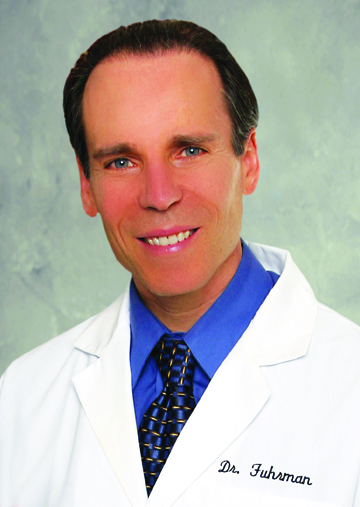Healthy Living – Lower cholesterol healthfully without statin drugs

More than 25 percent of adults age 45 and older take statins.1 Despite the fact that statin drugs, prescribed to lower cholesterol, are among the most frequently prescribed drugs, too often patients are not apprised of the fact that they are associated with serious side effects and much healthier results can be achieved with dietary lifestyle changes.
Statin drugs work by blocking an enzyme involved in the liver’s production of cholesterol. Elevated blood cholesterol is an important risk factor for cardiovascular disease. Higher LDL cholesterol levels mean that more LDL from the bloodstream makes its way into the arterial wall.
In the most recent analysis of statins for primary prevention (in patients who have not had a previous cardiovascular event), a 14 percent reduction in all-cause mortality and a 25 percent reduction in fatal plus non-fatal cardiovascular events were reported.2
However, the legitimacy of these numbers has been questioned; some researchers have claimed that studies conducted by scientists without conflicts of interest did not find any reduction in cardiovascular events, in contrast to studies supported or conducted by pharmaceutical companies.3
Potential problems with statin drugs include impaired muscle function;4-6 an increased risk of type 2 diabetes of 9-13 percent;7,8 and an increase in the risk of acute kidney injury, especially during the first six months of statin use.9
Although statins have some side effects that are likely helpful, such as improving the function of endothelial cells (the cells that line the inside of blood vessels) and reducing inflammation,10 the question has been raised whether statins have effects that actually promote atherosclerosis and heart failure, negating these potential benefits. A team of researchers from Japan and the U.S. compiled and described possible molecular mechanisms by which statins could actually accelerate heart disease.3 More research must be done to clarify this, but for now their findings do warrant caution.
If you have elevated cholesterol, dietary and lifestyle modifications should be the first course of action. Medication is unnecessary for most people who make the appropriate lifestyle changes. A nutrient-dense, plant-rich diet, containing a portfolio of foods such as green vegetables, nuts, beans and berries, works to bring LDL cholesterol down and restore the health of arteries.
A high-fiber, high-nutrient diet, focusing on natural plant foods, such as vegetables, fruit and nuts, was found to reduce cholesterol by 33 percent within two weeks.11 Unlike taking a statin while continuing a disease-causing eating style, a nutrient-dense, plant-rich diet and healthy lifestyle does more than address one or two heart disease risk factors. This lifestyle promotes regression of atherosclerotic plaque while reducing cholesterol levels, blood pressure and inflammation.
These effects of a nutrient-dense, plant-rich diet have been published in a peer-reviewed scientific journal, The American Journal of Lifestyle Medicine.12 Survey data documented an average 42 mg/dl decrease in LDL cholesterol in those who adhered to the diet style at least 80 percent. In addition, those who started out obese averaged a sustained weight loss of 50 pounds which was maintained two years after changing their diet.
Those who started with hypertension reduced their systolic blood pressure by an average of 26 mm Hg. Case studies accompanied this data, and atherosclerosis reversal was documented. Living healthfully produces dramatic changes because it doesn’t address just one risk factor; it makes your entire body healthier. You don’t just lower your cholesterol, you become more resistant to diabetes and cancer, as well as improve your immune function.
To learn more about the preventive and therapeutic potential of a nutrient-dense, plant-rich (Nutritarian) diet, read my book The End of Heart Disease, where I explain why nutrient-rich foods and exercise are more powerful than statin drugs for reducing cardiovascular risk. I also discuss the details of the research that has questioned the purported benefits of statins, and the potential risks and side effects associated with these drugs.
I strongly feel that prescribing statins for elevated cholesterol is counterproductive. Taking a statin drug allows the patient to psychologically downplay the urgency of making lifestyle and dietary changes that would drastically improve health, life expectancy and quality of life.
You can choose to remove the cause or treat the symptoms; treating the symptoms with statin drugs does not reverse heart disease and carries the risk of adverse effects. Removing the cause with a health-promoting diet and lifestyle not only reduces cholesterol, but also reduces blood pressure, reverses heart disease and protects against diabetes, dementia and cancer.
Dr. Fuhrman is a #1 New York Times best-selling author and a board certified family physician specializing in lifestyle and nutritional medicine. The Eat To Live Cookbook offers over 200 unique disease-fighting delicious recipes and his newest book, The End of Heart Disease, offers a detailed plan to prevent and reverse heart disease using a nutrient-dense, plant-rich (NDPR) eating style. Visit his informative website at DrFuhrman.com. Submit your questions and comments about this column directly to [email protected]



